Woman Shares Product Prices In Her Area As A Response To Guilt-Tripping By Vegans
While most of us don’t think twice about the food we’re gonna cook and eat today, people in remote parts of the world are not that lucky. In the Arctic part of Canada, fresh produce can’t be grown due to endless winters and food has to be shipped long distances by plane or ship. This inflates food prices and a full grocery bag can cost a fortune.
One Inuit woman who goes by the Twitter handle @KataraPiujuq has recently created a thread to share fruit and vegetable prices in the Arctic. After being called “a murderer for trying to feed themselves,” Katara made a thread to inform people of the harsh reality of food prices where she lives.
“A lot of Inuit live in poverty-stricken homes and can’t afford to live an expensive vegan lifestyle. We need to hunt to eat,” she tweeted. The price tags of products from the supermarket aisles are self-explanatory, and they leave no doubt that for native Arctic people, a nutritious fruit and veggie diet can be simply unattainable.
The Inuit woman created a viral Twitter thread where she shared insane produce prices in Arctic supermarkets

Image credits: KataraPiujuq
And stepped ahead of those who were about to say to move south

Image credits: KataraPiujuq
The price tags on fruits and veggies in the Arctic are self-explanatory
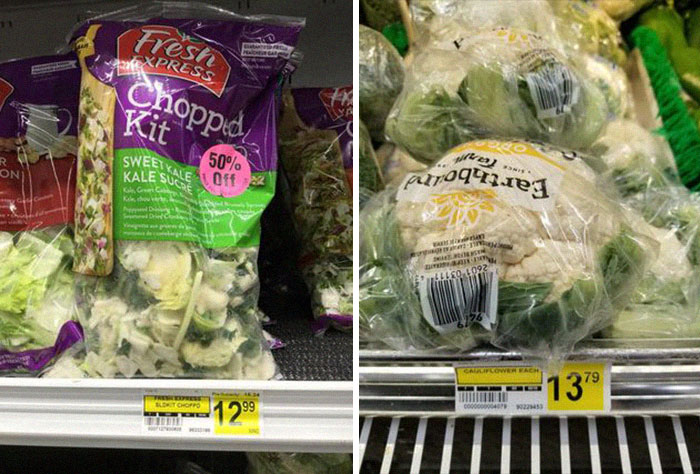
Image credits: KataraPiujuq
To find out what an expert in vegan activism had to say about this unusual case, Bored Panda reached out to Alex J. O’Connor, an impassioned animal rights advocate and the founder of the Cosmic Skeptic YouTube channel, podcast, and blog, all dedicated to philosophical ideas and debates in an accessible format. Alex has produced videos with notable figures such as Peter Singer, Richard Dawkins, and William Lane Craig.
In relation to the Inuit woman’s situation of being accused of murdering animals, Alex said that the case highlighted the importance of vegans considering the individual circumstances of the people they are talking to. “It is very easy, especially online, for vegans to make blanket statements that do not in fact apply universally, and therefore place an unreasonably high standard upon people incapable of practically reaching it.”
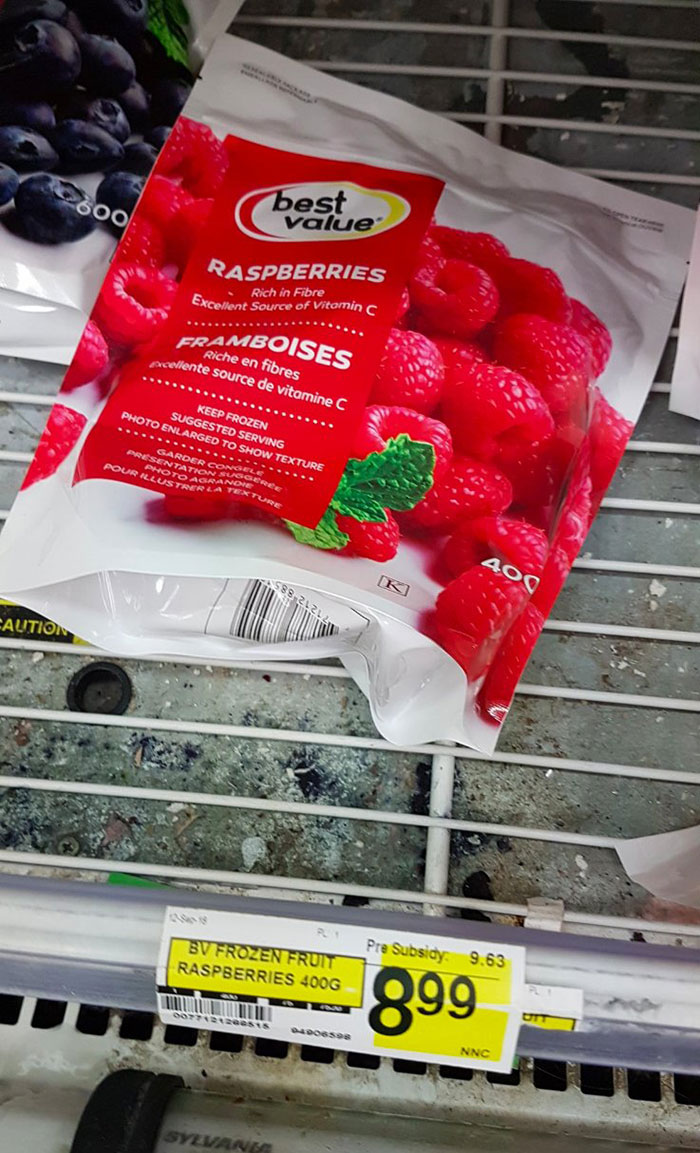
Image credits: KataraPiujuq
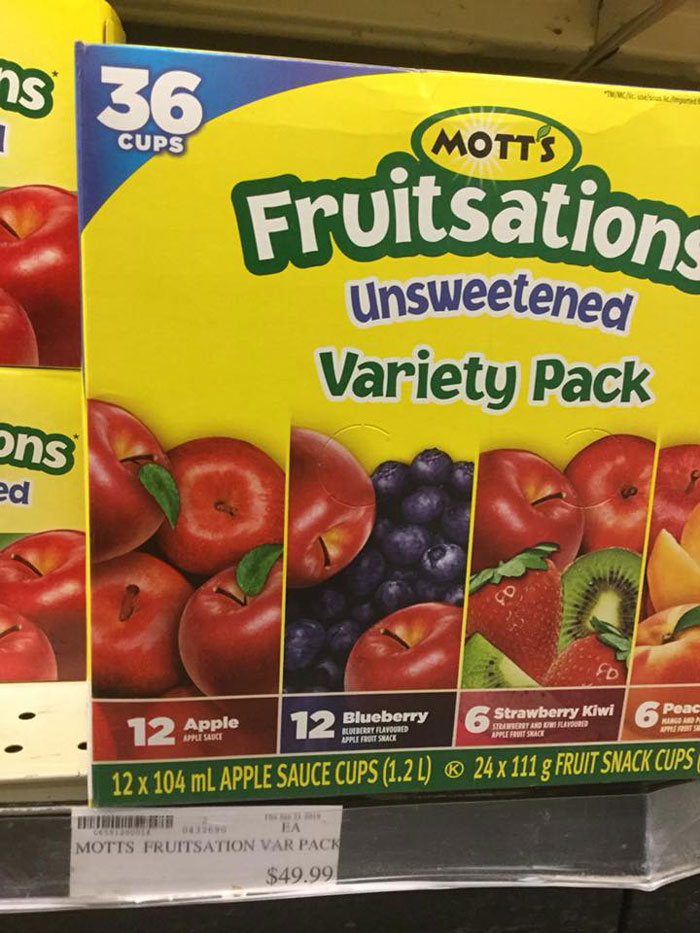
Image credits: KataraPiujuq
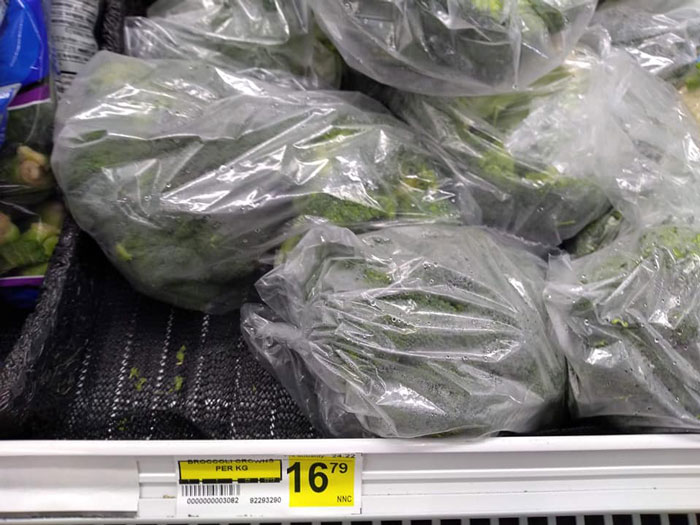
Image credits: KataraPiujuq
Alex explained that “veganism is, by definition, a minimization of one’s contribution to the suffering of animals to the highest extent practicable.” That means that for someone like him living in Oxford, United Kingdom, it’s very easy to adopt a vegan diet, and “the highest extent to which I can eliminate animal cruelty from my diet is its complete removal.”
But he warned that this may not be true in other areas of the world, or even the country. Alex further explained that “this means that someone can agree with the vegan philosophy (properly stated) and yet continue to consume animal products, should their situation genuinely require it.”
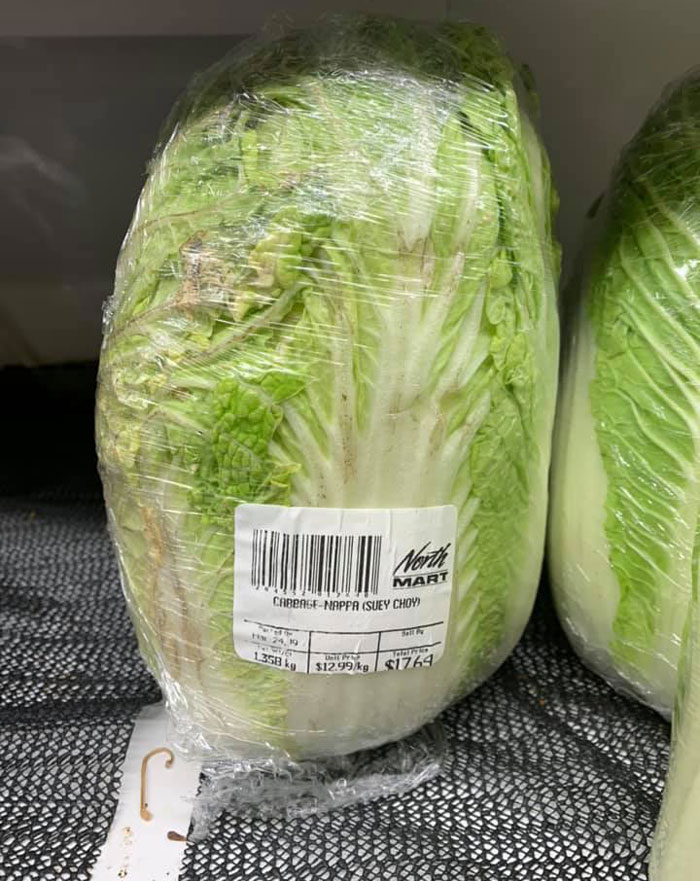
Image credits: KataraPiujuq
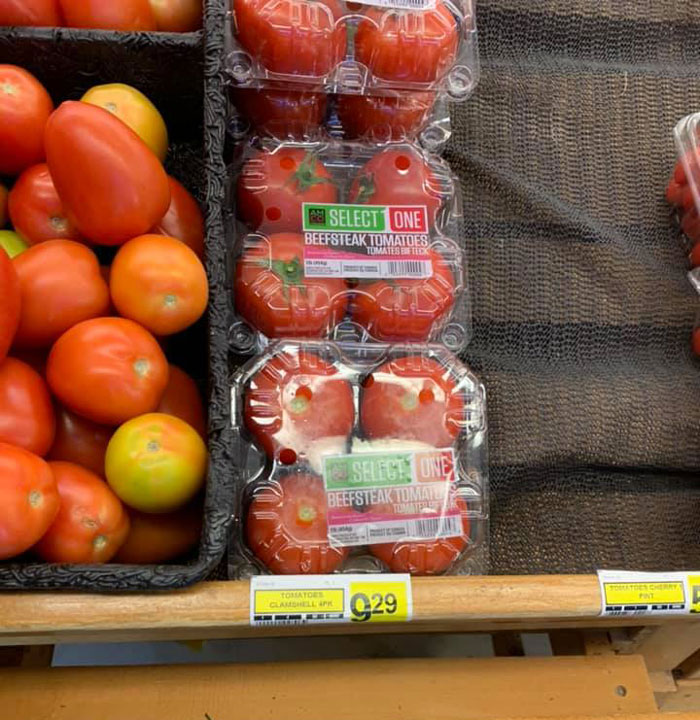
Image credits: KataraPiujuq
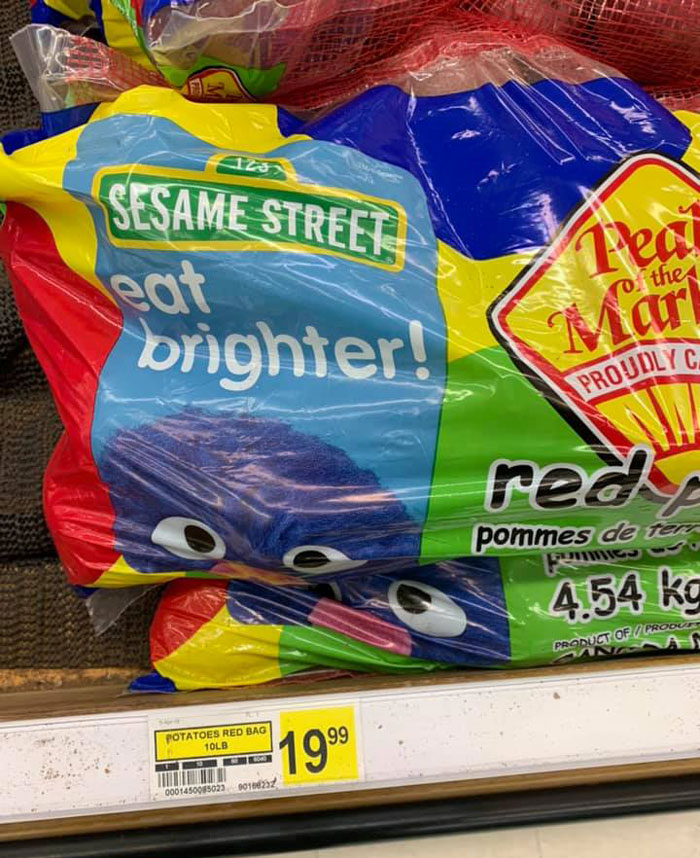
Image credits: KataraPiujuq
“In reality,” the animal rights activist added, “somebody can simultaneously be eating animal products required for their health and survival whilst also eating the minimal amount possible and from the least unethical sources they can practically access.” He again stressed that “no vegan should hope to eliminate all animal suffering, as this is impossible,” but rather, to aim at minimizing animal suffering.

Image credits: KataraPiujuq
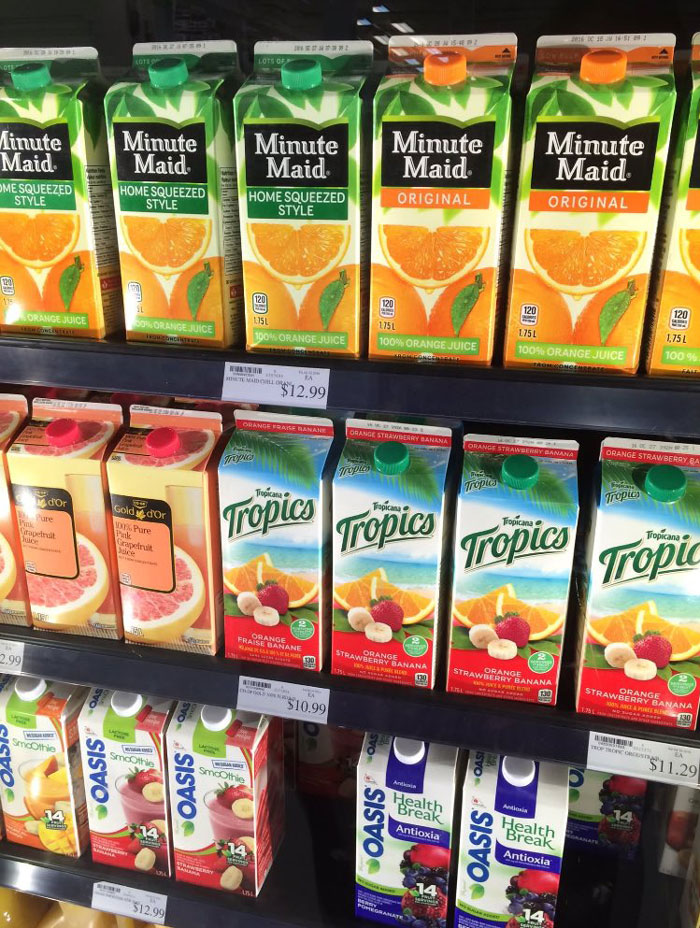
Image credits: KataraPiujuq
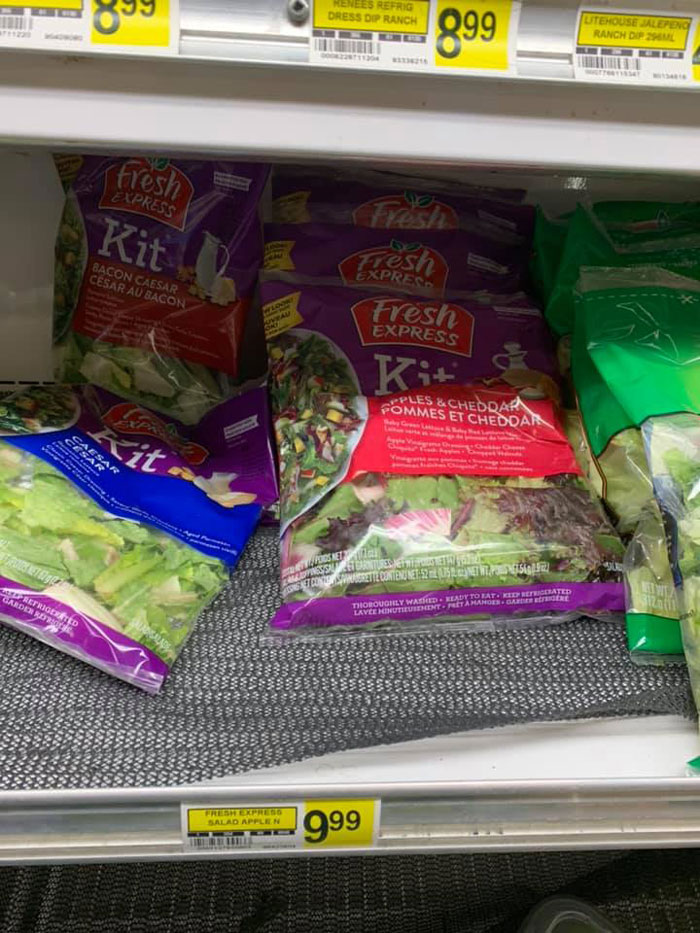
Image credits: KataraPiujuq
Moreover, Alex added that the author of the Twitter thread specifically mentioned hunting, which is “a completely different animal to factory farming.”
He went into detail: “The vast majority of animal products in my country are procured via factory farming, which is an undeniably cruel and brutal method of production in which incomprehensible numbers of animals face unimaginable tortures.”
However, “hunting, whilst still in my view unethical if done without good reason (such as in trophy hunting, or hunting for food when vegan alternatives are easily accessible),” in comparison, “is a far less cruel fate for an animal.”
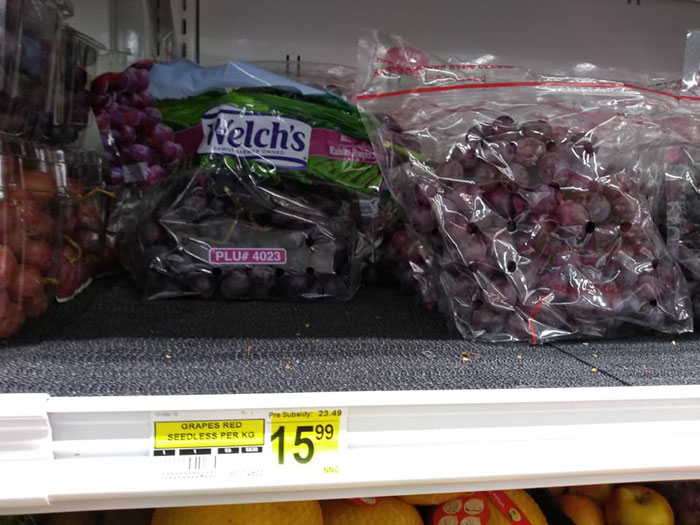
Image credits: KataraPiujuq

Image credits: KataraPiujuq
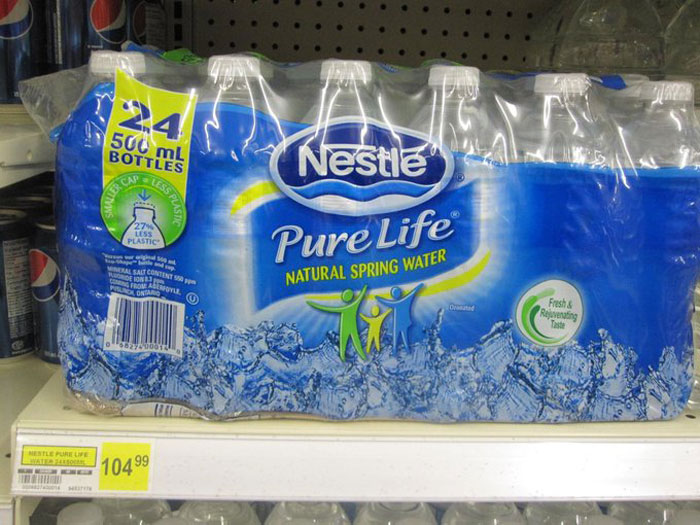
Image credits: KataraPiujuq
Alex concluded that “it’s ethically irresponsible for vegans to administer the same moral analysis upon someone like myself buying factory-farmed animal products, and an Inuit hunting for food without any practical alternative.”
Even though vegans would prefer a world in which every person has reliable access to a plant-based diet, Alex warns not to get confused by this. “This is a goal, not a description of the current state of the world.”

Image credits: KataraPiujuq
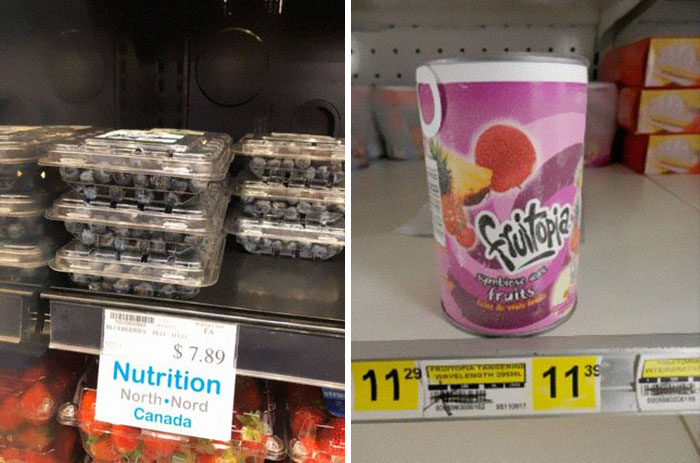
Image credits: KataraPiujuq
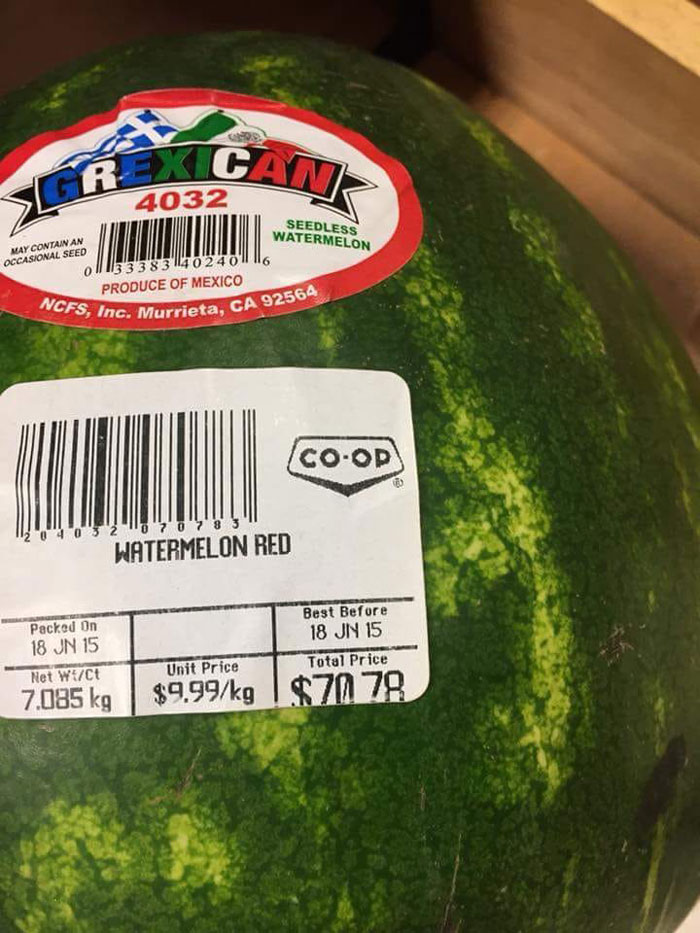
Image credits: KataraPiujuq

Image credits: KataraPiujuq
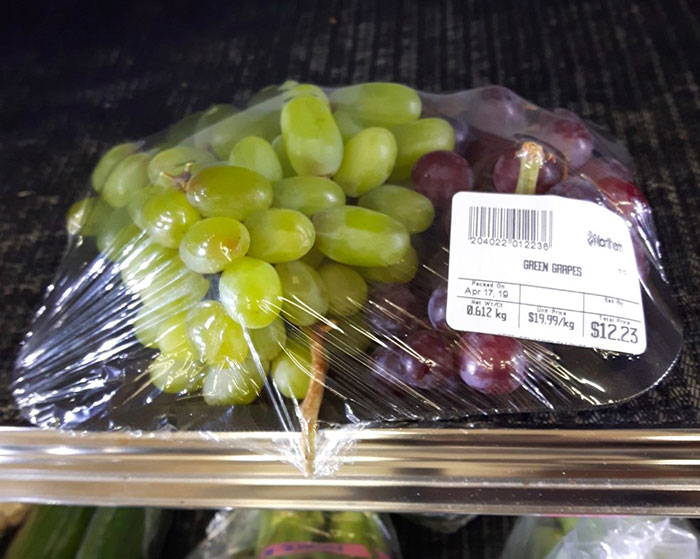
Image credits: KataraPiujuq
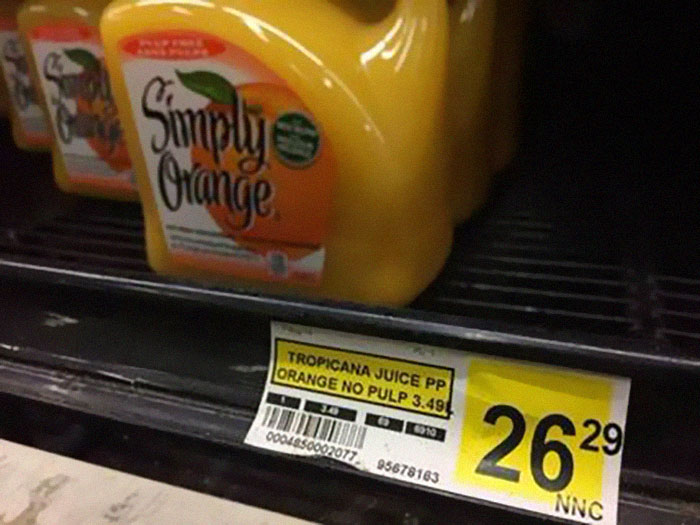
Image credits: KataraPiujuq
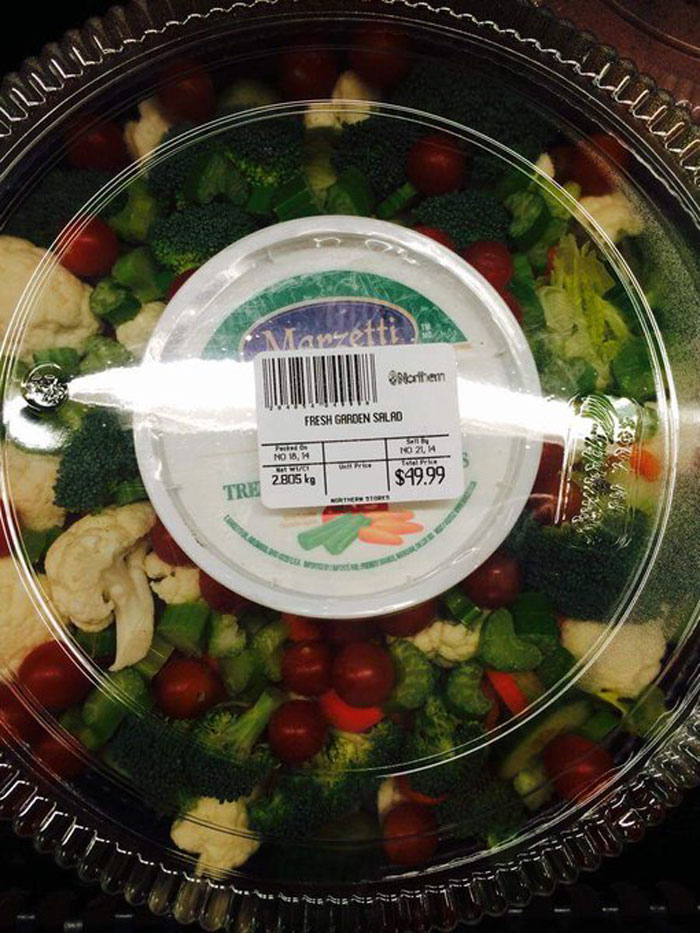
Image credits: KataraPiujuq
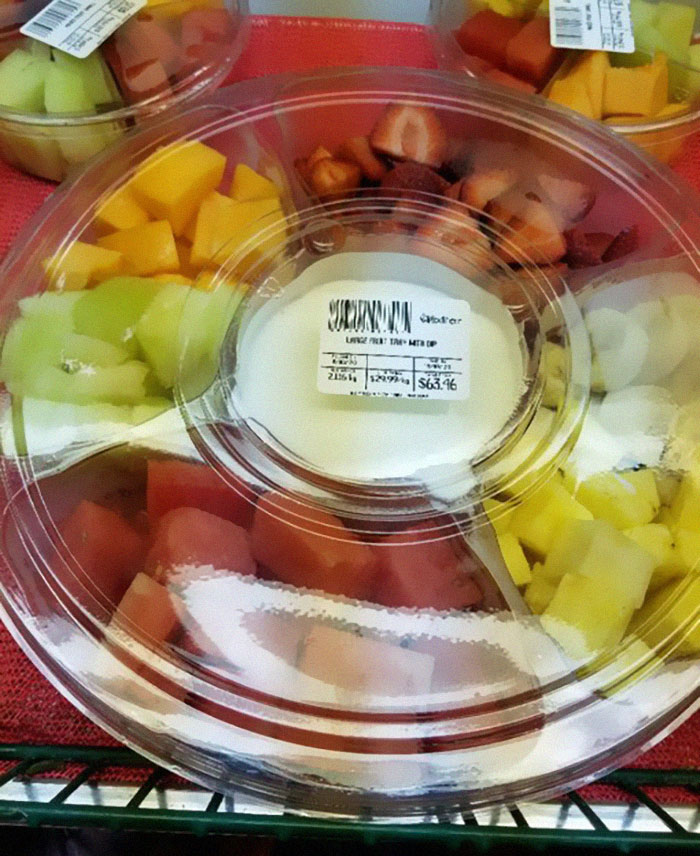
Image credits: KataraPiujuq
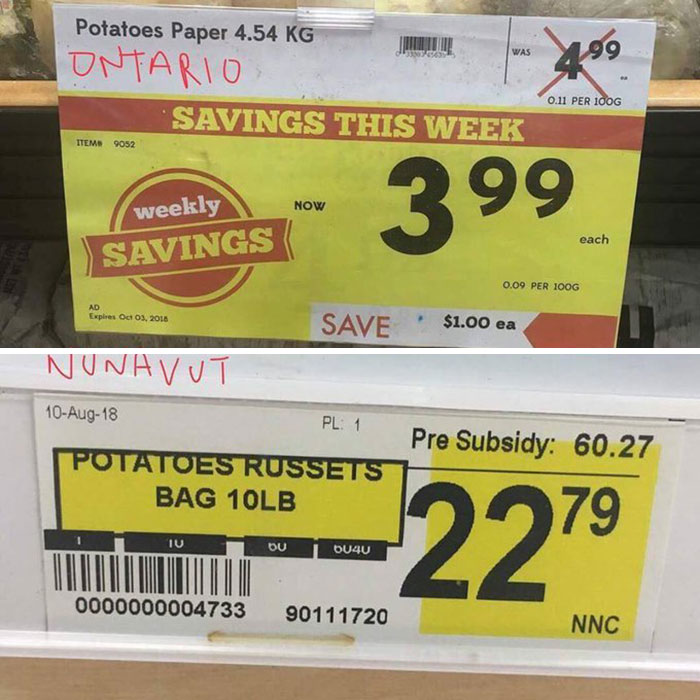
Image credits: KataraPiujuq
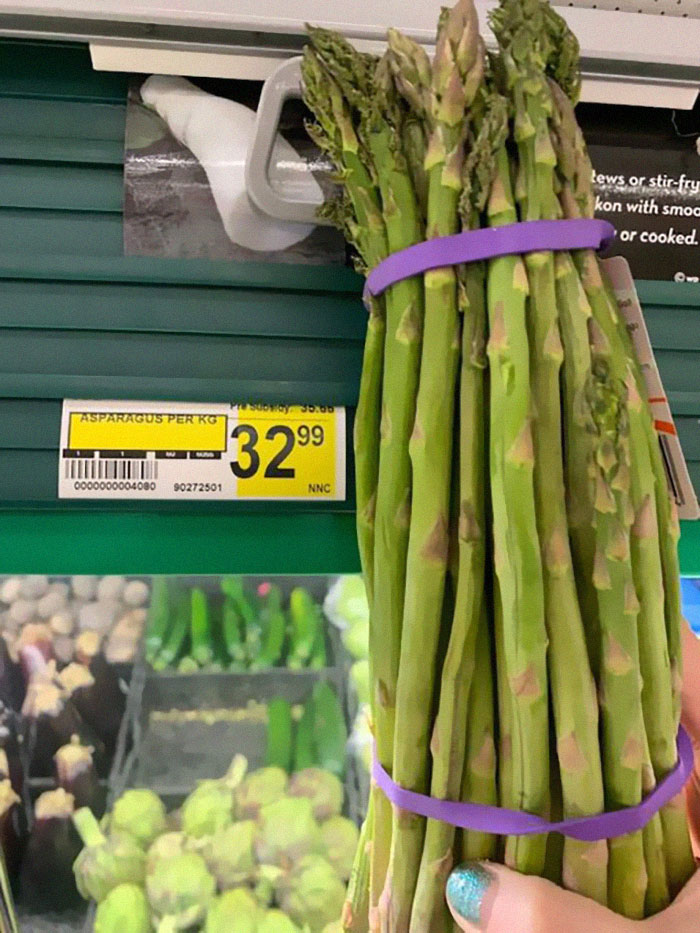
Image credits: KataraPiujuq
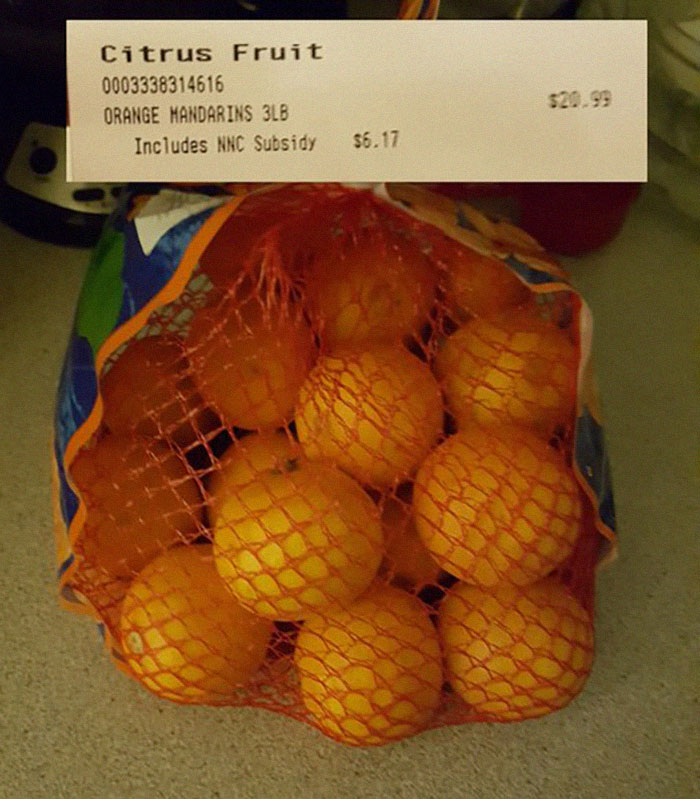
Image credits: KataraPiujuq
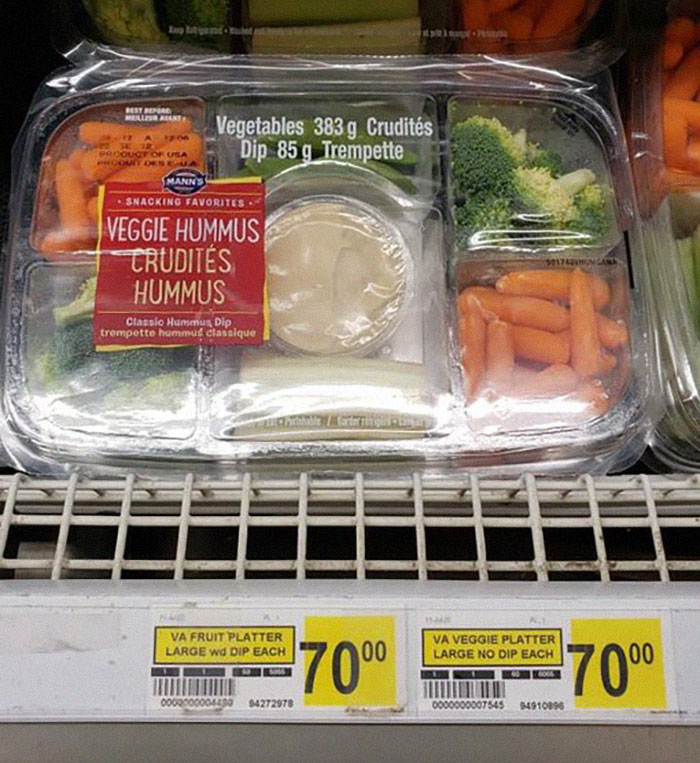
Image credits: KataraPiujuq
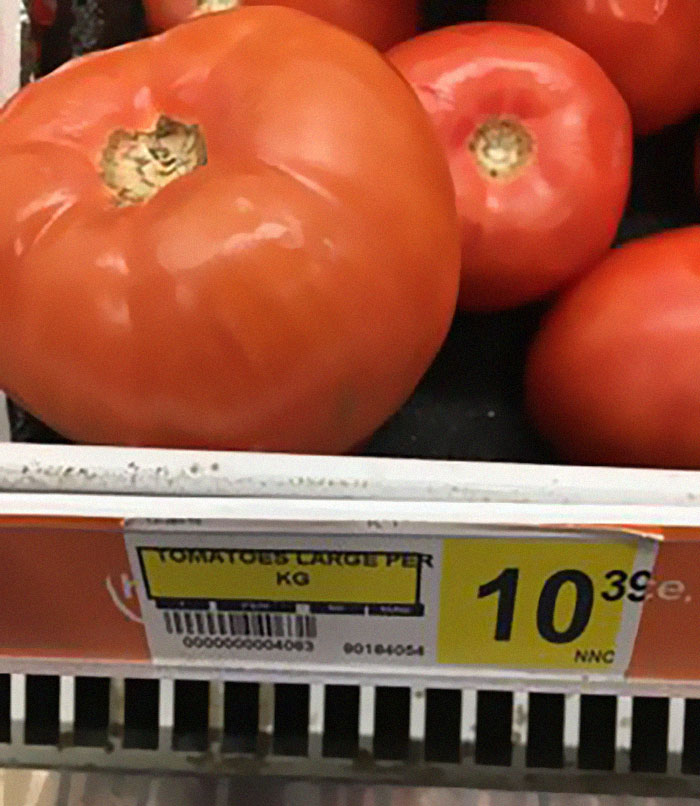
Image credits: KataraPiujuq
The Inuit woman shed light on the difficult situation people in the Arctic are living in and asked others to do research before judging
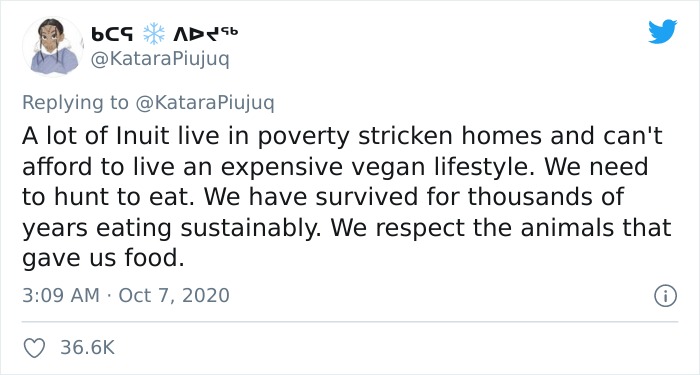
Image credits: KataraPiujuq
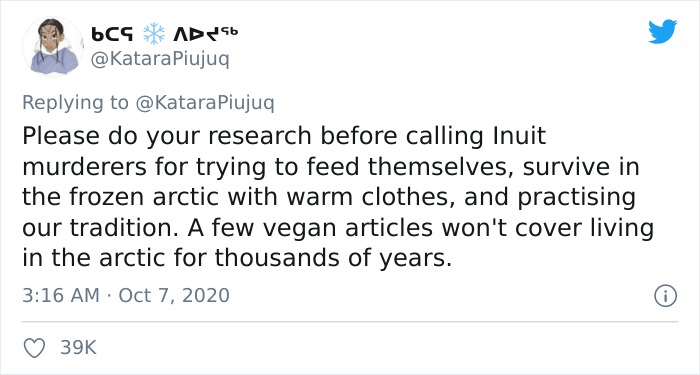
Image credits: KataraPiujuq
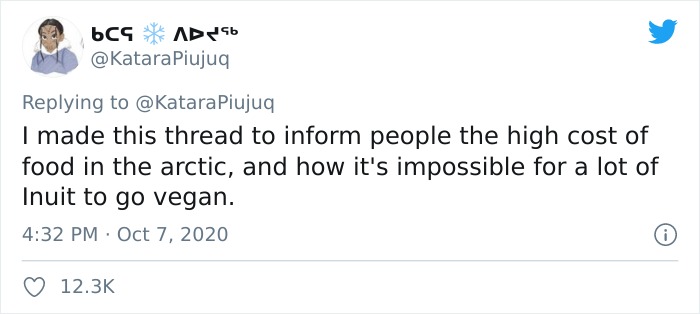
Image credits: KataraPiujuq
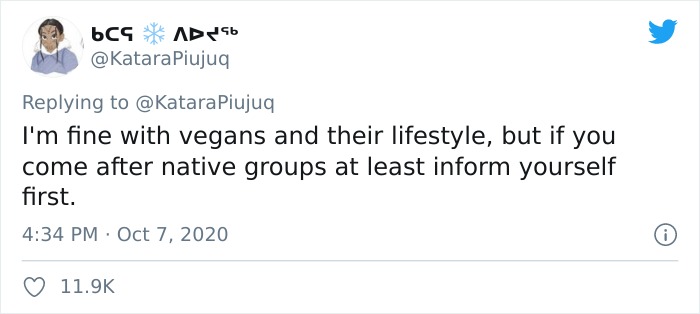
Image credits: KataraPiujuq
And this is what others commented in the thread
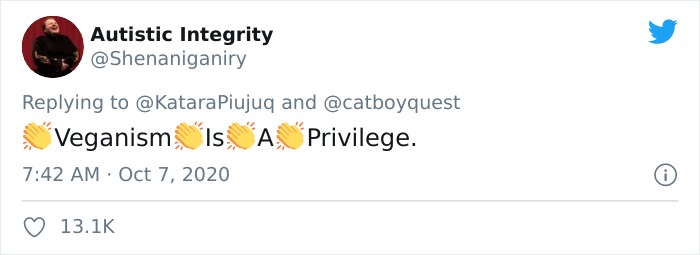
Image credits: Shenaniganiry
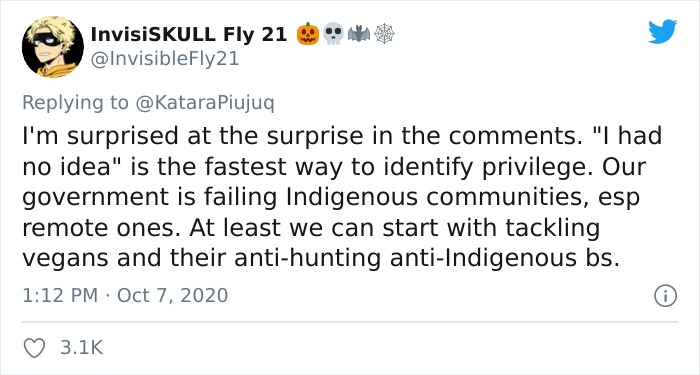
Image credits: InvisibleFly21
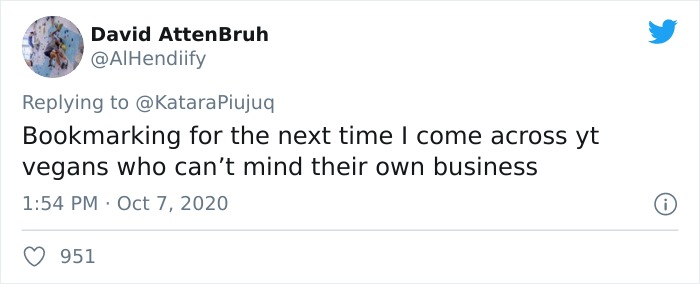
Image credits: AlHendiify
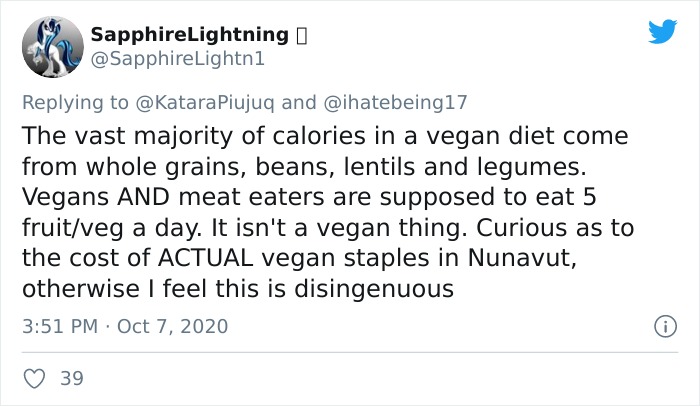
Image credits: SapphireLightn1
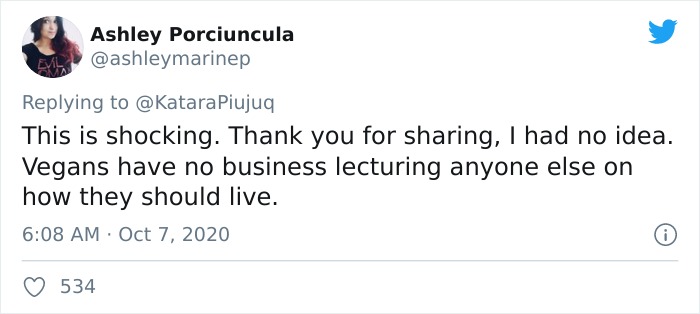
Image credits: ashleymarinep
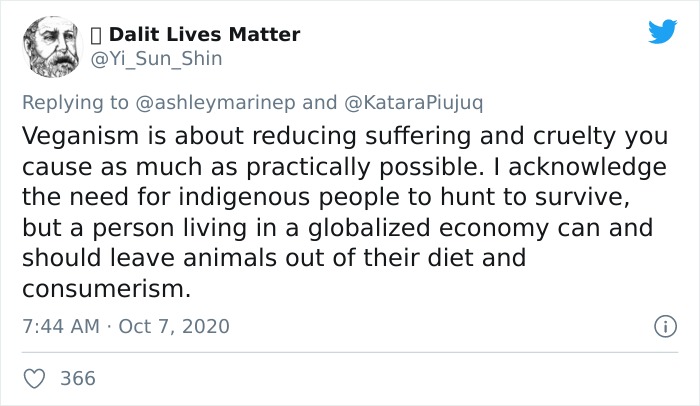
Image credits: Yi_Sun_Shin
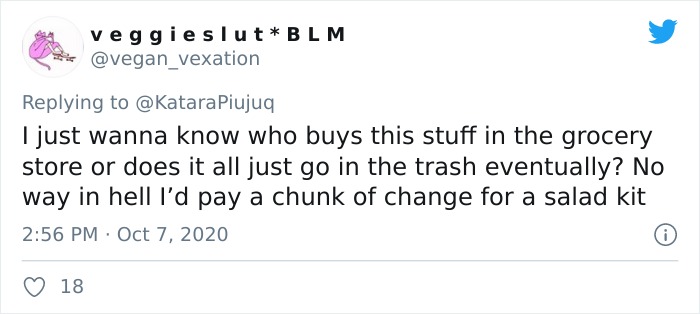
Image credits: vegan_vexation
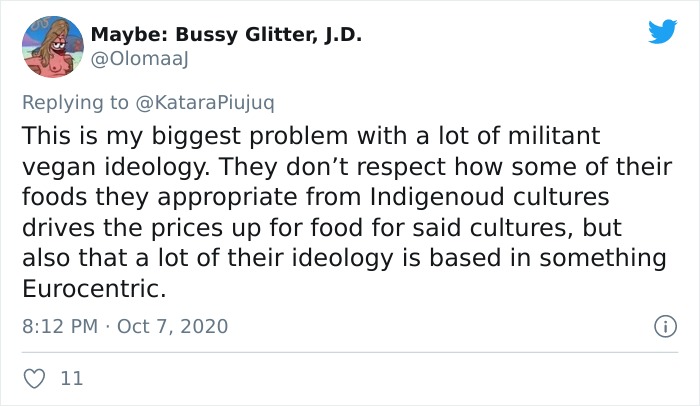
Image credits: OlomaaJ
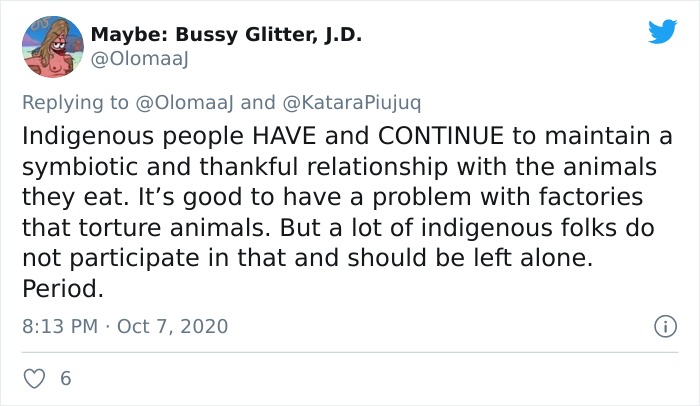
Image credits: OlomaaJ
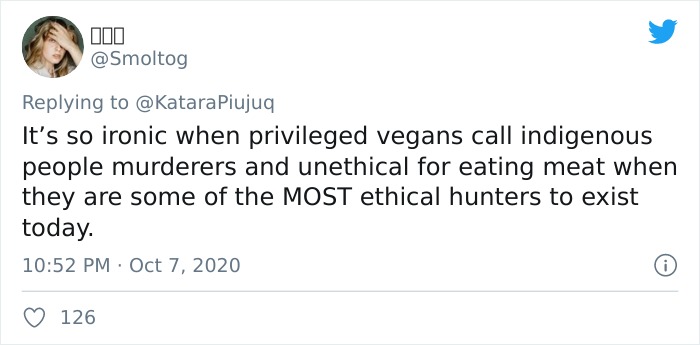
Image credits: Smoltog

No comments